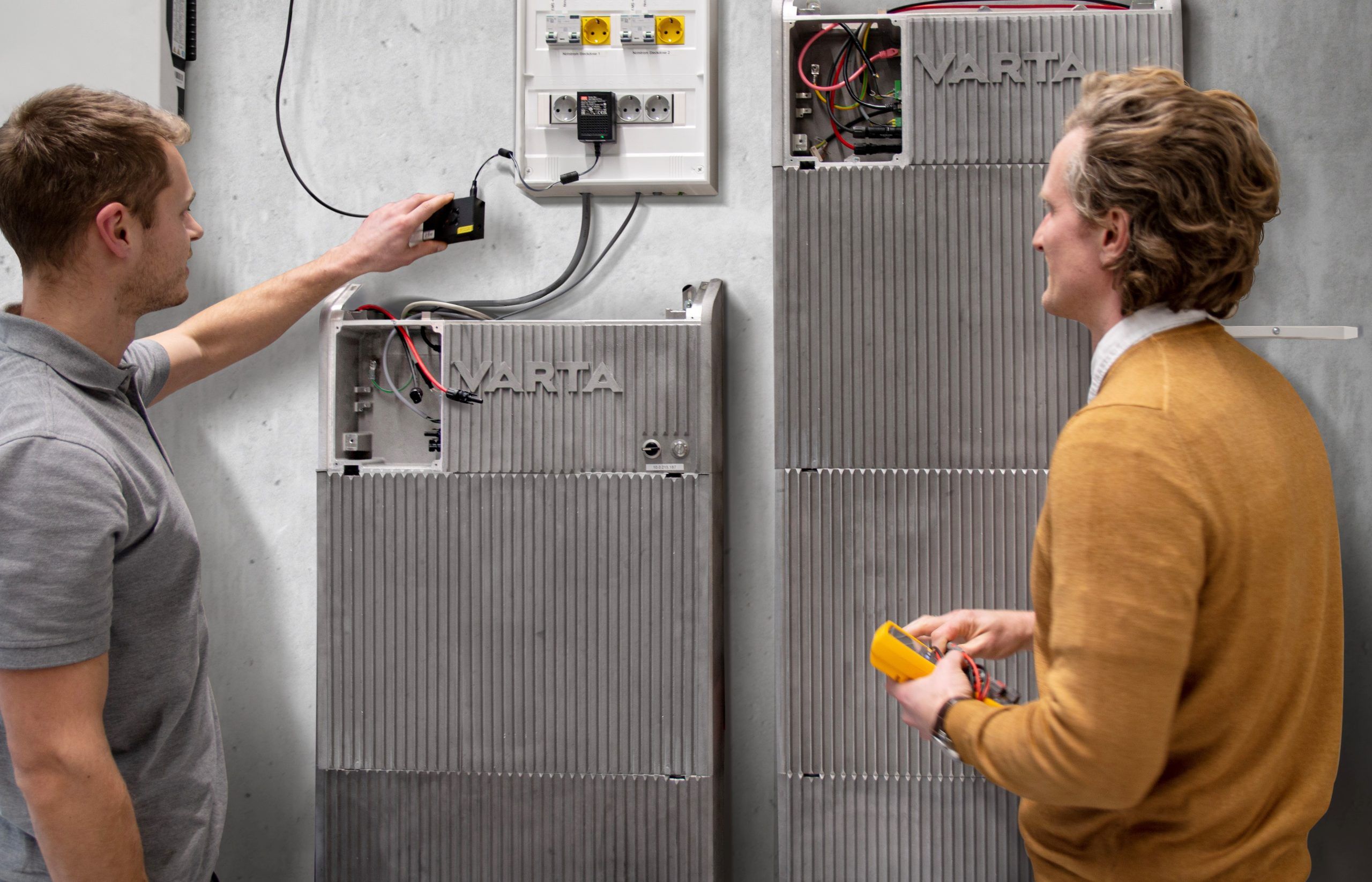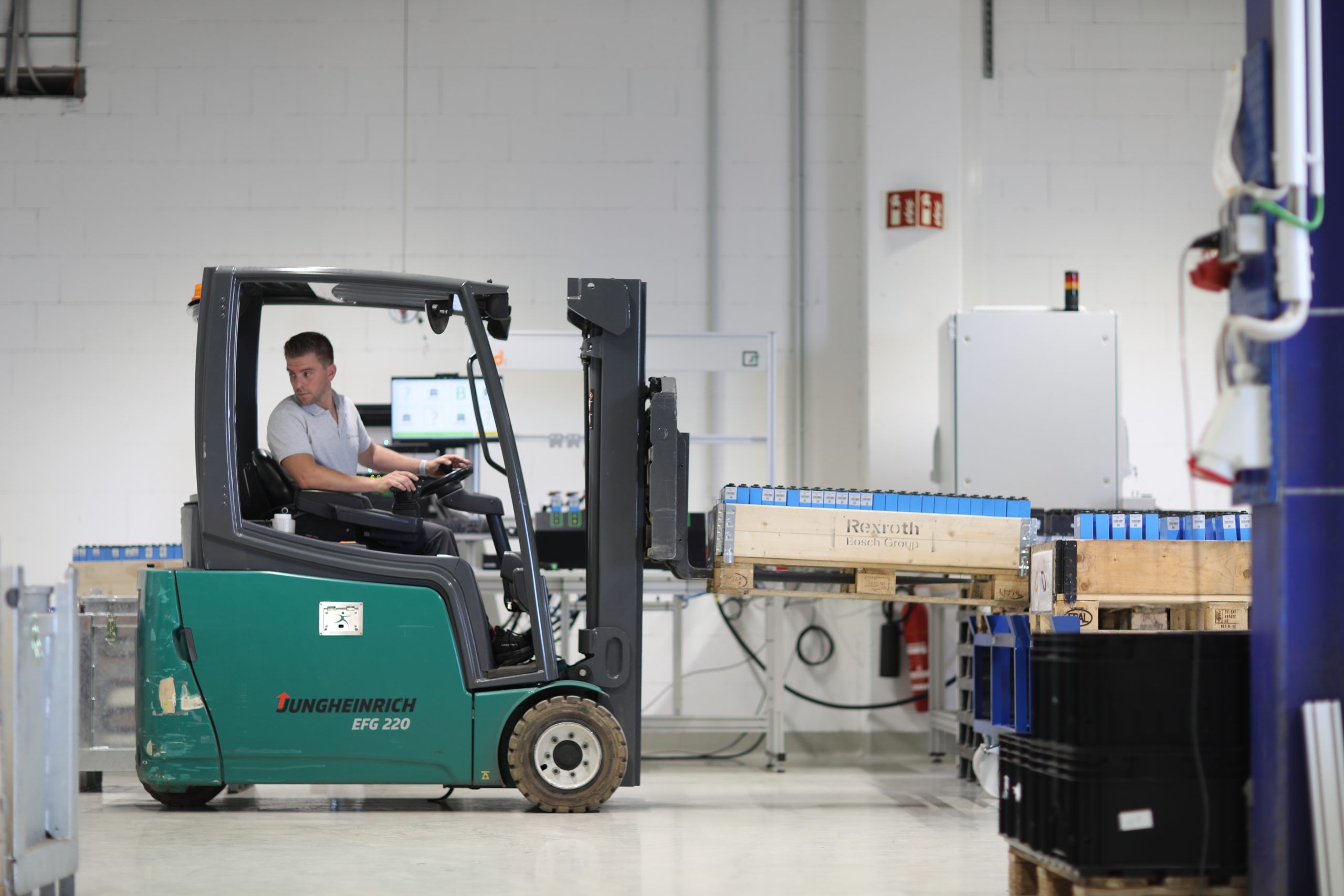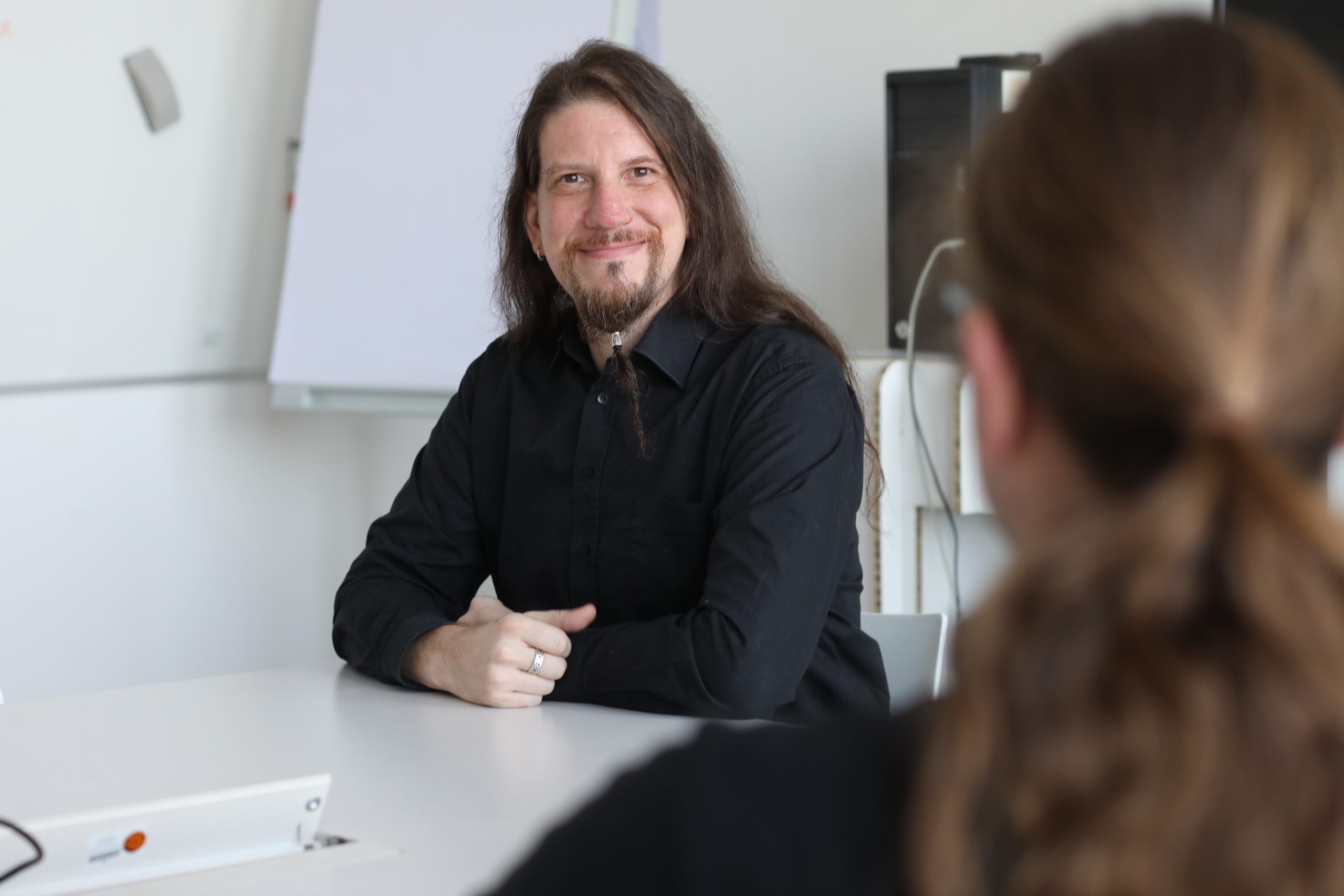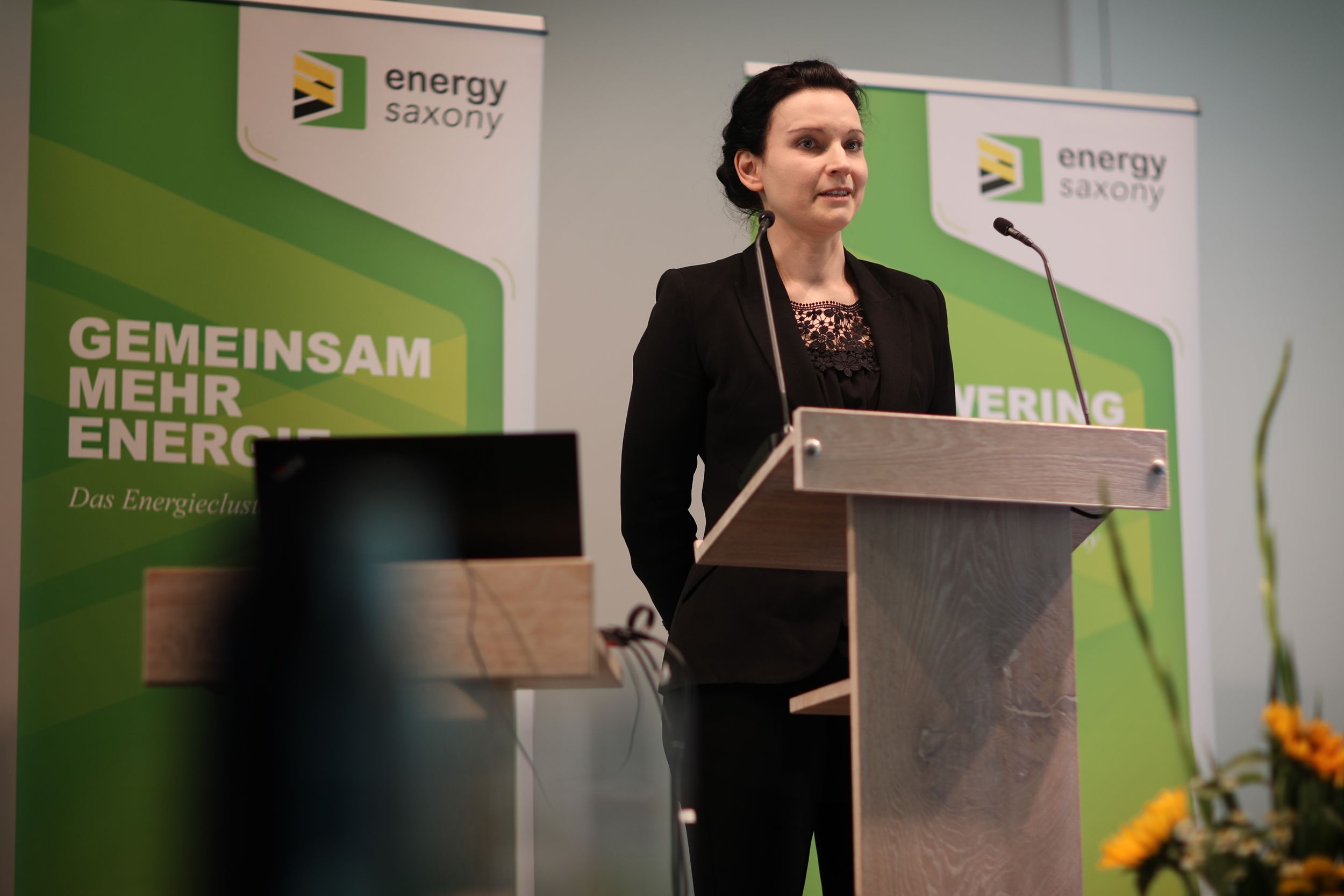Joint project with the Fraunhofer Institute for Solar Energy Systems, NOVUM engineering
GmbH and TWT GmbH Science & Innovation ©VARTA AG
Together with renowned partners, the battery specialist VARTA is developing in the
Research project “Longer” a battery management based on machine learning and
artificial intelligence (AI). It is intended to describe the typical modes of operation of home storage systems and their
effect on the battery more precisely than today’s software. This allows the available
Make optimum use of battery capacity and conserve battery power at the same time. This leads to a
longer battery life, less use of materials and lower CO2 emissions with
lower costs.
“Today, home battery storage systems typically complete 200 to 300 full charge cycles per year and are used almost exclusively to store solar power. In the future, home storage will additionally act as an ‘electricity trader’ and thus further reduce energy costs as well as actively relieve the power grid,” says Benjamin Achzet, Research Coordinator at VARTA Storage. However, this requires storage systems with higher cycle stability.
The Longer research project, which will run until the end of 2024, is intended to help make storage systems fit for the new tasks. In addition to VARTA Storage GmbH as coordinator, the Fraunhofer Institute for Solar Energy Systems, NOVUM engineering GmbH and TWT GmbH Science & Innovation are also involved.
Artificial intelligence maps individual battery aging
Battery storage aging is highly dependent on the number and depth of charge cycles, but also on many other factors such as charging and discharging power and ambient temperature. Because both the processes in the battery and user behavior are very complex, aging is difficult to estimate using conventional methods and must be considered individually. As part of Longer, VARTA is using artificial intelligence (AI) to interact with machine learning to develop models of user behavior and battery aging. For this purpose, the programs are implemented on field test devices of the VARTA.wall home storage system.
New generation of individual battery management
The AI should not only precisely analyze load profiles in buildings, but also learn how the battery should really be discharged or charged in a given situation in order to operate efficiently in the long run. “In the field trial, the AI independently learns how a particular load profile affects the state of the battery, the State of Heath. Over time, it can also predict the State-of-Health. In the next step, this allows for predictive control,” says Jens Haupt, battery aging specialist at NOVUM engineering GmbH. Such artificial intelligence-based battery management can therefore make optimum use of the battery’s capacity while maximizing its service life.
Instead of following fixed rules, the AI finds the best strategy for each use case “Typical yield and consumption patterns are already known to the AI and it constantly refines them through machine learning. This way, an adapted energy and battery management comes out for each house. Depending on personal preferences, it maximizes self-consumption, minimizes CO2 emissions or optimizes economic efficiency,” says Arne Groß software expert at Fraunhofer ISE.
The AI is to be used in VARTA storage systems after the project. VARTA intends to use the technology to continuously improve its storage devices in order to be able to offer a storage device with a lifetime warranty in the future.











